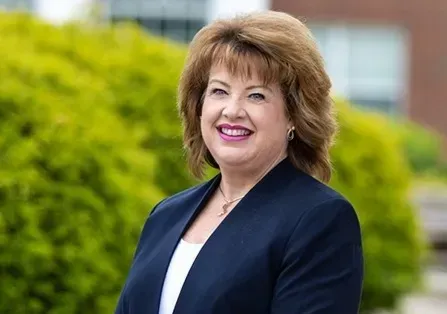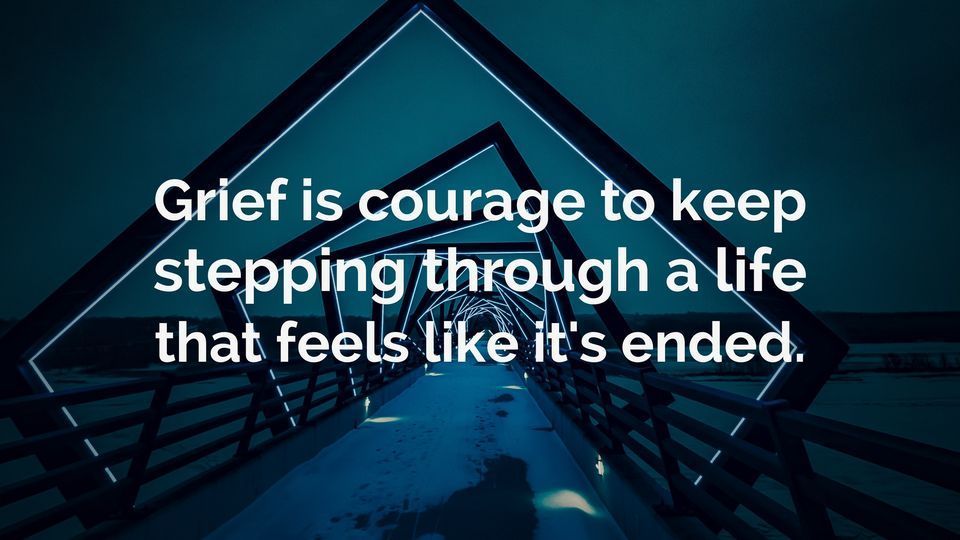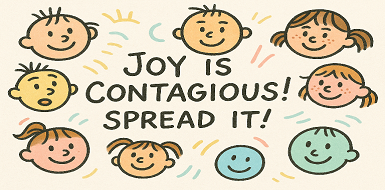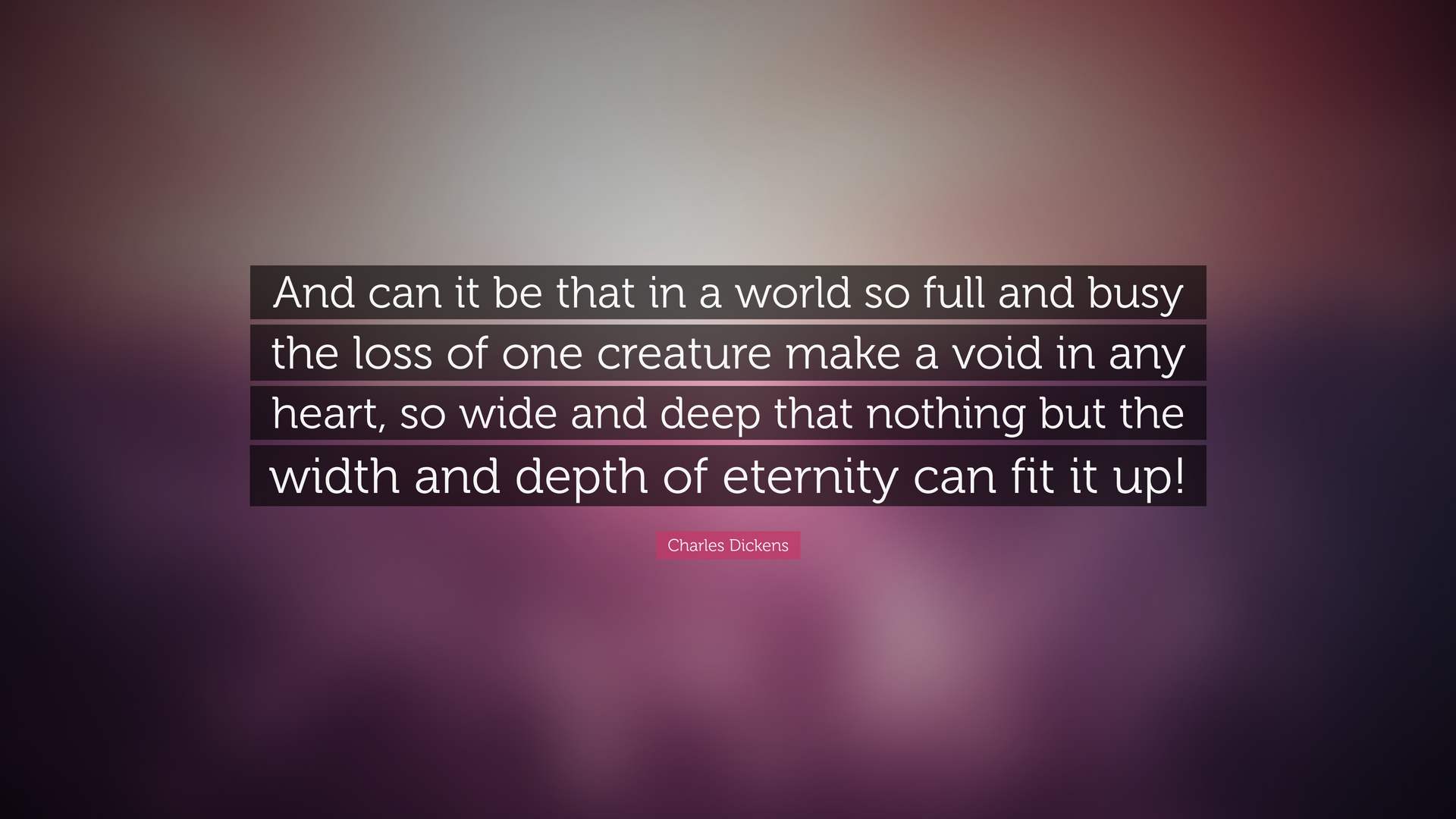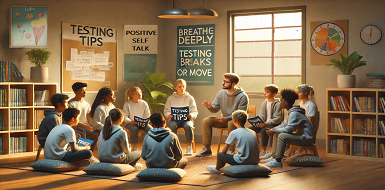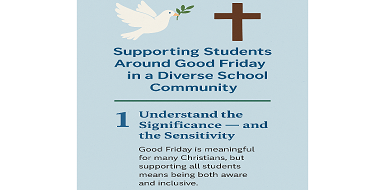Warning: Life is not a contest!

The thing that is really hard, and really amazing,
is giving up on being perfect and beginning the
work of becoming yourself.
- Anna Quindlen
Let me remind you that life is not a contest. So much of the time we treat it as though it were a foot-race – that the first to complete all the stages of development and get there (wherever there is) wins.
Piaget saw this as “the American question”. When he visited the United States from his home country of Switzerland, he was repeatedly asked, “How do you accelerate the progress of a child through the stages?” His answer, in summary, was that children develop at their own rate. And, he cautions, do not push children through any of the stages. This is especially true in the adolescent years when children are already so aware of their peers. Forcing a false comparison only deteriorates the self-image further.
Piaget emphasized that the development of skills must unfold naturally and cannot be easily accelerated by adult activities. These conclusions support the belief that students should not be expected to function at levels that are beyond them. It is believed that pushing a child through the stages does not encourage deep thinking. The child is just surface learning and thus will remediate at the formal operations stage to catch up on the material that was skipped. This supports the idea that the opposite outcome is actually when a child is pushed through. It actually slows down the logical thinking and cognitive processes and, usually, cripples the decision-making skills.
Speeding up the developmental stages confers no advantage. In fact, if there is a relationship, it is an inverse one. That is, if any change occurs at all by pushing a child through the stages, it is a negative one. The child needs to experience the depth of each stage, not simply the surface.
So, what can you do as a school counselor to help guide students through these stages?
- Be “askable”. You want to be nonjudgmental so your students don’t fear disapproval or criticism when they bring an issue to you. If you don’t watch for those windows of opportunities and respond honestly, children may not bring up any subject – small or serious.
- Be open in all areas and subjects. Books, pamphlets, television dialogue and music lyrics all can be used as a springboard to launch a chat. The easiest way to communicate is by being open as questions occur during everyday occurrences.
- Steer teenagers toward friends their own age. Studies show that adolescents whose friends are the same age don’t have the behavior problems of those with older friends.
- Encourage other pursuits. Expose students to a broad range of activities so they can find something they want to get involved in. Encourage activities that emphasize teamwork, strength, and character development. Encourage doing volunteer work, playing instruments, going to sporting events, getting involved in the community, and other ideas that send a positive message.
I am a school counselor turned counselor educator, professor, and author helping educators and parents to build social, emotional, and academic growth in ALL kids! The school counseling blog delivers both advocacy as well as strategies to help you deliver your best school counseling program.

I'm a mother, grandmother, professor, author, and wife (I'll always be his). Until October 20, 2020, I lived with my husband, Robert (Bob) Rose, in Louisville, Ky. On that awful day of October 20,2020, my life profoundly changed, when this amazing man went on to Heaven. After Bob moved to Heaven, I embraced my love of writing as an outlet for grief. Hence, the Grief Blog is my attempt to share what I learned as a Counselor in education with what I am learning through this experience of walking this earth without him. My mission is to help those in grief move forward to see joy beyond this most painful time.
